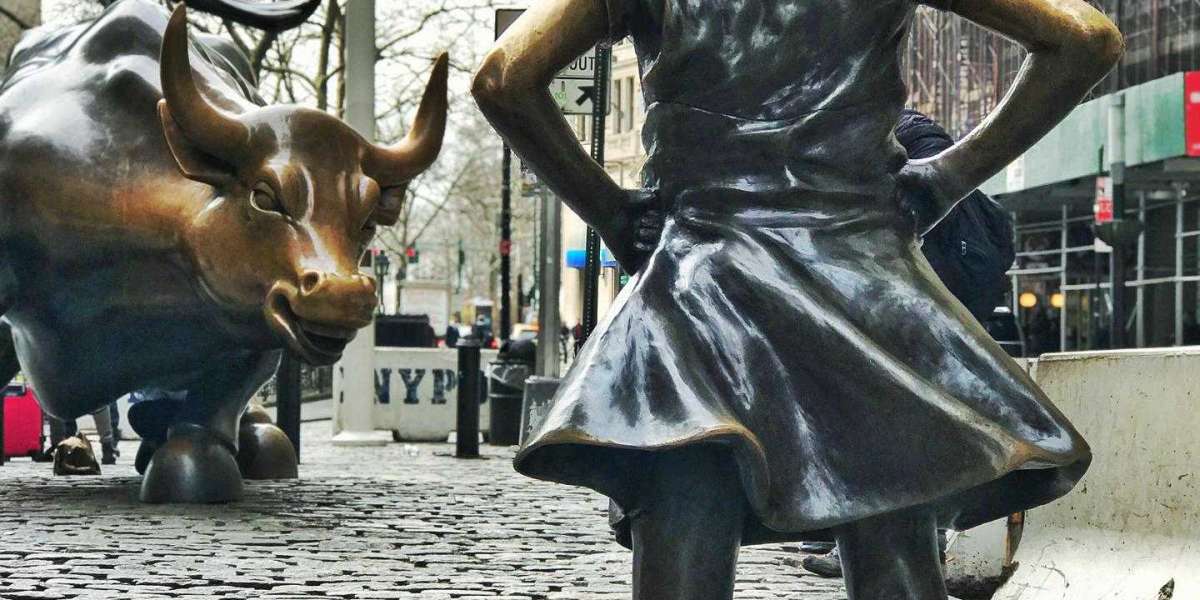The lack of financial Wall Street leadership is discussed. The best financial minds can not avert the Lehman Brothers downfall. With the Merrill-Bank of America (BoA) merger, hidden agendas are suspected in financial leadership decisions. The decisions are similar to government bailout pork barrel spending add-ons. Wall Street leaders are given millions of dollars in merger-process bonuses. Excesses are symbolized in opulent office renovations related to Thain's merger transition to BoA. The critical event is tempered with a sense of irony.
According to Jagger (2009), the financial turnaround expert is a Clark Kent lookalike. The expert is called by some "SuperThain," after comic strip hero "Superman" (Clark, 2009). It is September 2008 and John Thain is with 30 of the world's most powerful bankers having a meeting in Manhattan. As chief executive of Merril Lynch, Thain is the highest paid of these bankers and the group is requested to create a bailout for Lehman Brothers. This is done at the behest of the then US Treasury Secretary Henry Paulson and the current successor to Paulson, Tim Geithner.
The meetings prove unsuccessful and "with no bailout on the table and no firm bidder, Mr. Thain concluded that not only would Lehman collapse but Merrill would be next..." (Jagger, abstr). He then calls Ken Lewis, chief executive of BoA. This was on a Saturday night. By Sunday afternoon a deal is signed and sealed to sell Merrill Lynch for $50 billion to BoA. In October 2008 the government grants BoA $25 billion in capital under the Troubled Asset Recovery Program (TARP) (Wells, 2009).
Lewis also names Thain as the president of global corporate and investment banking saying Thain would rebuild the financial institution (Wells). An examination of the set of values needed for effective leadership warrants investigation. A process of inquiry needs to dive into what set of values Thain and Lewis consider important in creating a successful organizations. In the examination the alignment between implicit personal and explicit organizational value structures needs evaluation (Rosen, 2008).
Thain attempts to obtain a personal $10 million bonus from BoA and jettisons $4 billion of early payment bonuses to top level Merrill executives. Thain retracts the $10 million bonus request after rival peers from competitors like Goldman Sachs and Citigroup announce a refusal to take personal payouts (Clark, 2009). Andrew Cuomo, New York Attorney-General, is looking into the arranged bonuses to the top level Merrill executives (Wells, 2009). Cuomo works to discover the breadcrumb trail of a base of monetary bailout transactions between the government and the merger. The Cuomo investigation seeks to make linkages between quantifiable flows of money and intangible deep structure value systems used by the leadership (Hesketh, 2008).
BoA has received $45 billion in capital assistance from the U.S. Treasury. The intention is to cover the Merrill fourth-quarter losses with $20 billion. In addition, there is a $118 billion toxic asset guarantee. The Cuomo initiative explores if any taxpayer money was involved in these transactions (Quinn, 2009). Thain conducts the sale with clear knowledge of the declining condition of Merrill. "There's a full menu of ugly facts and numbers that will be digested through the many court proceedings that are bound to follow, most of them along the What-Did-He-Know-And-When-Did-He-Know-It line of inquiry" (Wells, para. 7). The question if acting with strategic insight or practical thinking ever supersedes Thain's personal-need-for-greed agenda (Anonymous, 2008)
Thain's recent occupational history and buying habit is interesting. In 2007 while working at the New York Stock Exchange, Thain is tapped on the shoulder by Merrill Lynch. The move involves a salary, bonus and benefits totaling $83 million (Jagger, 2009). Thain left a lavish office in Manhattan and uses $1.2 million dollars of Merrill Lynch company funds to redecorate another office located in the World Financial Center bank headquarters. Contents include an $87, 784 rug, an equivalent amount for two chairs, and a $1,405 waste basket (Jagger). Renovations include $35,000 commode on legs (Foley, 2009). A pair of curtains costing $28,091 is part of the conversion (Clark, 2009). A $5000 mirror adorns a private dining room in the office (Wells, 2009). This private office dining room also includes a $13,000 chandelier. The office has an $18,000 George IV desk (Wells).
In December 2008, three months after the Thain appointment, Lewis of BoA learns from the integration team that Merrill is projected to lose $3 billion in the fourth quarter and $15.4 billion over the year (Jagger, 2009). Lewis goes to the US Treasury and requests "$118 billion in asset guarantees and $20 billion in rescue financing" (para. 12). After this deed is done, Lewis fires Thain. The meeting lasts about 15 minutes on Thursday morning, January 22, 2009 (Clark, 2009). In light of BoA conditions Lewis is named the 2008 recipient of American Banker's "Banker of the Year" award. Lewis is noted as saying paydays for members of the financial class "are more egregious that any other industry that I know of" (Wells, 2009, para. 16).
These activities are symbolic of greed characteristic of the finance industry (Foley, 2009). Thain represents "wretched Wall Street excess" to many (Wells, 2009). The corrupt method of taking TARP funds for remodeling offices is recognized by President Obama as the debilitating consequence corporate privilege and entitlements (Wells). On the same day that Thain was fired from BoA, a class-action lawsuit is filed "alleging that the proxy statement for the $50-billion merger contained numerous material misstatements and omissions (para. 9). "The richer irony is that Mr. Thain's interior designer, Michael S. Smith, known among society's higher echelon for his makeover of Bel Air estates and Malibu beach houses and a client list that has included Dustin Hoffman and Rupert Murdoch, was chosen just last week to redesign the Obama's private quarters at the White House. The Obamas got a deal: $100,000, versus the 800 grand paid by Mr. Thain" (Wells, 2009, para. 11).
An internal connection between the U.S. government and Wall Street financial leadership is examined. When a financial system is broken, even the best minds in the financial industry may not be able to fix it. A financial leader learns that there is no such thing as a trusting agreement when it comes to one peer. This critical incident of Wall Street graft provokes legal investigation from state and federal levels of the justice system.
References
Anonymous. (2008). Pepsi versus coke: an unhealthy obsession?; They are global, but are they relevant?
Strategic Direction. Bradford. Vol 24, Iss 1; pg 6.
Clark, A. (2009, Jan 24). Financial: Wall street: SuperThain floored by an $87,000 rug: Ousted Merrill boss ruffled feathers with lavish spending on account.
The Guardian. London: pg. 39. Retrieved January 24, 2009 from ProQuest database.
Foley, S. (2009, Jan 24). In another world.
The Independent. London: pg. 48. Retrieved January 24, 2009 from ProQuest database.
Hesketh, A. (2008). Should it stay or should it go? Examining the shared services or outsourcing decision.
Strategic Outsourcing: an International Journal. Bingley: Vol. 1, Iss. 2: pg. 154. Retrieved January 25, 2009 from ProQuest database.
Jagger, S. (2009, Jan 24). Thain paid price as Bank of America saw red at extent of Merrill's largesse.
The Times. London (UK) pg 65. Retrieved January 24, 2009 from ProQuest database.
Quinn, J. (2009, Jan 24). Wall street investigator steps up probe into Merrill-BoA bonuses.
The Daily Telegraph. London: pg. 33. Retrieved January 24, 2009 from ProQuest database.
Rosen, D. (2008, Summer). Talent management- defining values and releasing organizational energy.
Business Renaissance Quarterly. Pasadena: Vol. 3, Iss. 2; pg. 139, 5 pgs.
Wells, Jennifer. (2009, Jan 24). Mirror, mirror: Who's the greediest of them all?
The Globe and Mail. Toronto, Ont.: pg. B2.
Search
Popular Posts








